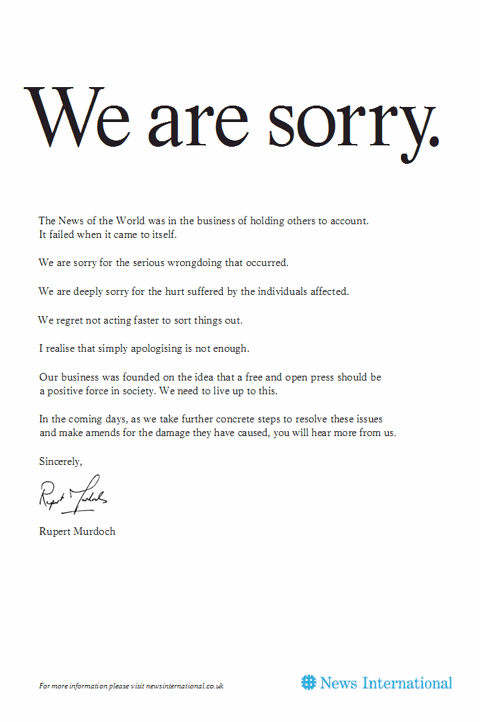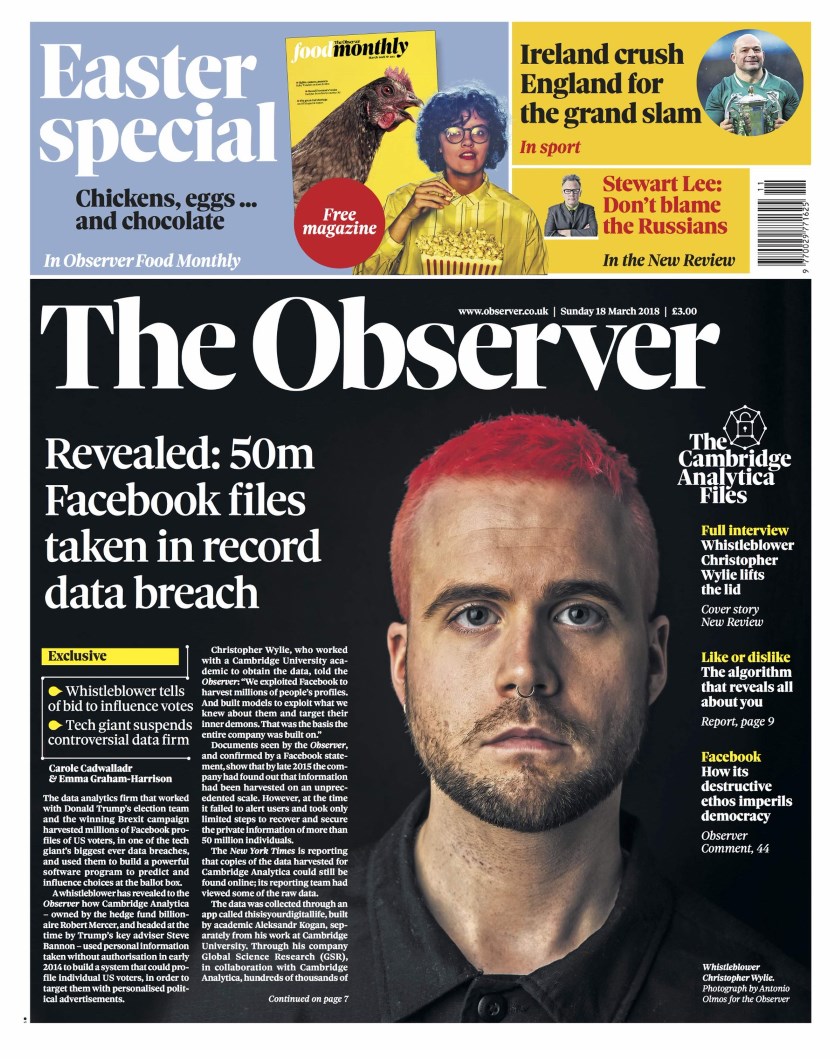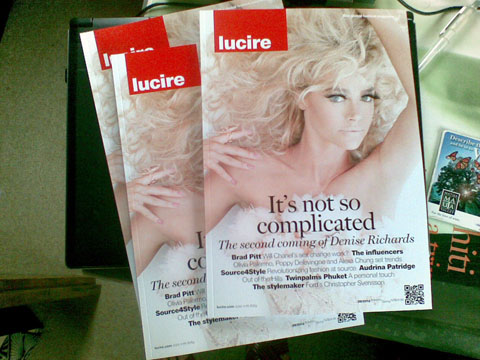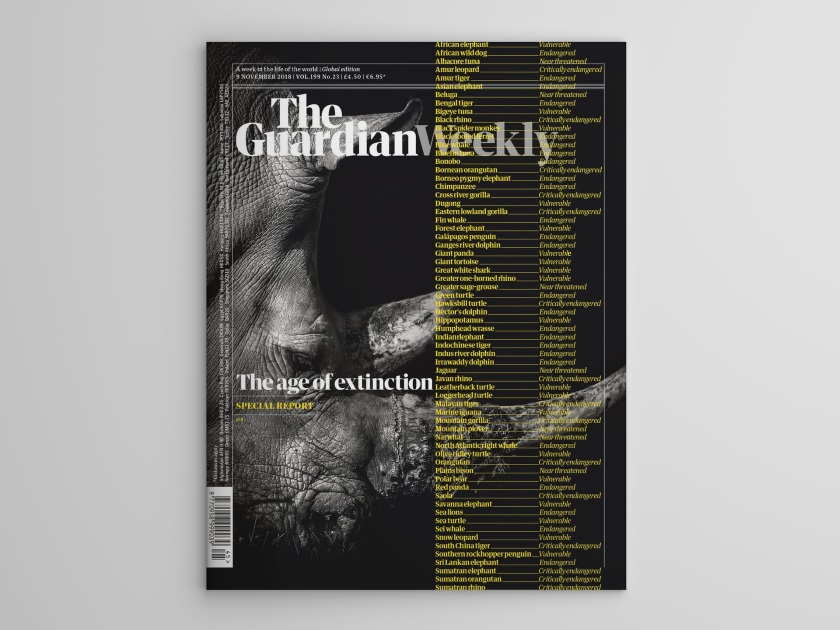So James Murdoch has announced the end of the News of the World. It’s no biggie: as others have discovered, a domain name for The Sun on Sunday has been registered, and if this is by an agent of News International, it simply makes sense for the Murdoch Press to consolidate its tabloid brands and raise the circulation of The Sun.
Chatting about it here at work today, my view was that the problems plaguing the Murdoch Press were cultural, and shuttering one paper really wouldn’t make much difference. I described Rupert’s former hands-on style and, like him or not, the man was the master of his craft for years. He knew the sort of headlines that would shock and get sales. Whether one admires the craft is another matter, though, it should be noted, it made the guy a multimillionaire.
It’s easy to forecast that News will allow the shock of the death of the 168-year-old newspaper brand to set in, push through with the BSkyB deal, and relaunch the paper under its new name, hiring some of the 200 staff back.
It’s not the first time Murdochs have rejigged or renamed a newspaper. Already I can envisage a ‘Reach for your new Sun’ headline being proclaimed in a Saturday edition, apeing what happened in the 1960s.
Interestingly, another writer also believes in the cultural explanation. Simon Dumenco points to how News behaves in the US, seemingly operating in a fantasy-land.
In Britain, on Wednesday morning, every newspaper carried the hacking scandal on the front page—with the notable exception of The Sun, which led with a pregnant Victoria Beckham. (The Guardian had all 10 papers, but The Sun’s page one has since disappeared, presumably due to a copyright complaint. I have put that front page below.) The hacking scandal appeared on p. 6. Dumenco points out that when gay marriage became legal in New York, everyone there carried that news prominently, except for the Murdoch Press, which relegated it to a bottom-of-page headline in its New York Post, and a second ‘What’s News’ in-brief item in The Wall Street Journal.
Dumenco predicts that the public will tire of it, though, as I blogged earlier this week, in 1997 a lot of people swore off tabloids. Not a lot changed in the immediate years after that. But we can only hope: one of our predictions in Beyond Branding was that consumers would demand greater transparency and integrity. That certainly has held true for a lot of sectors. They are true, even of media, but the cycle is longer thanks in no small part to the habits some people have with news providers. Nevertheless, it is happening.
As news consumers move online—and there is plenty of evidence of this shift—it’s possible that the audience will shift to media that are perceived to be fairer. Those wanting confirmation of various biases can find them in niche media or blogs. There are more people analysing the media, so it may be easier for people to discover critical thinking behind the stories.
There’ll always be a mob mentality (people have banded together since they began socializing) and tabloid journalism will not disappear (there’s a sense of Schadenfreude, especially of celebrity stories, while there’s inequality in society). But this week’s example of the fairly rapid withdrawals of advertising accounts from the News of the World—Ford, Reckitt Benckiser and Renault come to mind—shows that the public has a line that shouldn’t be crossed. The internet has allowed people to group together to make their viewpoints known, and it’s refreshing to note that, more often than not, we do so for good causes and a sense of justice, rather than for divisiveness or harm.







